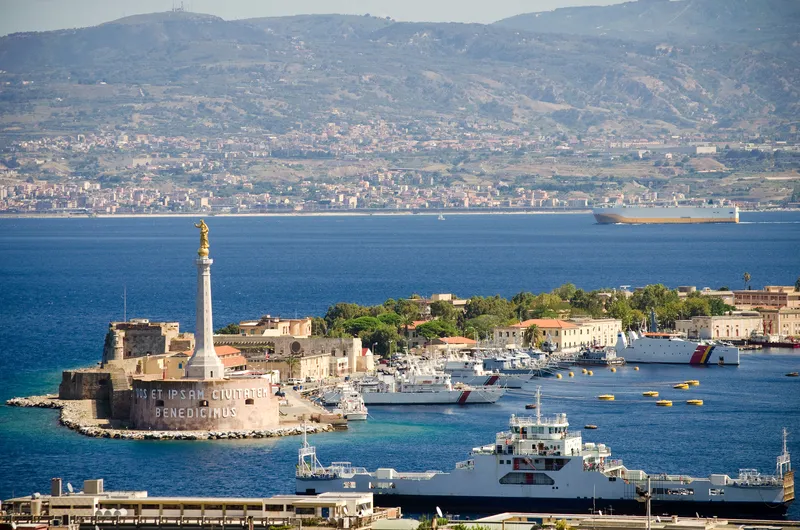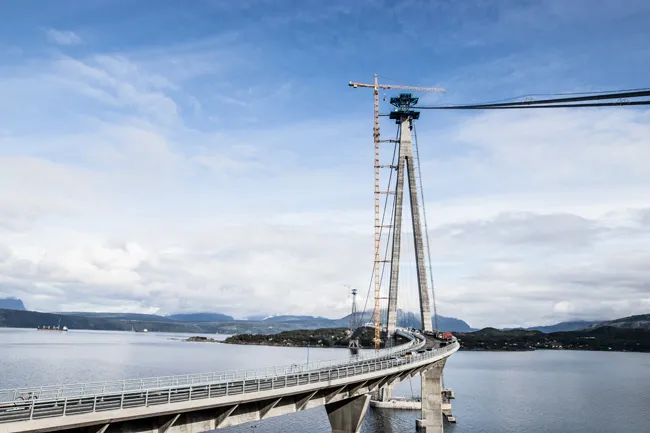Construction is now commencing on Norway’s Rogfast tunnel mega-project on the E39 route between Bergen and Stavanger. The project will cost around €1.8 billion to construct according to some estimates. The new project will set several world records as it will be the longest and deepest undersea road tunnel ever constructed, measuring 27.3km and reaching a maximum 392m below the sea bed. Once the new tunnel opens to traffic in 2025 or 2026 it will reduce the travel time between Bergen and Stavanger, in the south west of Norway, to just 40 minutes. The project forms part of Norway’s transport plan to phase out ferry routes. A link from the tunnel will also connect with Kvitsøy.
The cost of the project has increased considerably since it was first proposed and provision has been made for further cost increases should these occur during construction. The route will be tolled for a period of 20 years when it opens to traffic. The construction phase is likely to face major challenges once work is underway and the project is likely to feature major gains in tunnel building while utilising the very latest advances in technology. Once the tunnel goes into use it is also likely to feature technology intended to reduce the risk of drivers becoming fatigued while using the link.
Work starting on Norway’s mega-tunnel project
Construction is now commencing on Norway’s Rogfast tunnel mega-project on the E39 route between Bergen and Stavanger. The project will cost around €1.8 billion to construct according to some estimates. The new project will set several world records as it will be the longest and deepest undersea road tunnel ever constructed, measuring 27.3km and reaching a maximum 392m below the sea bed. Once the new tunnel opens to traffic in 2025 or 2026 it will reduce the travel time between Bergen and Stavanger, in the
January 5, 2018
Read time: 2 mins








